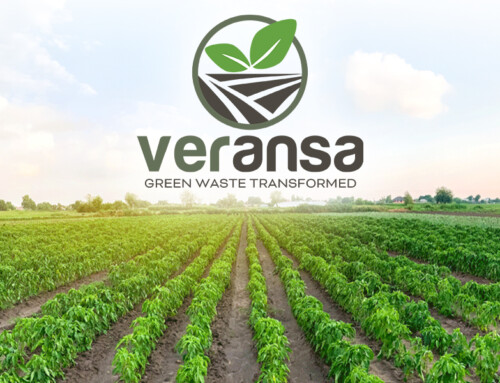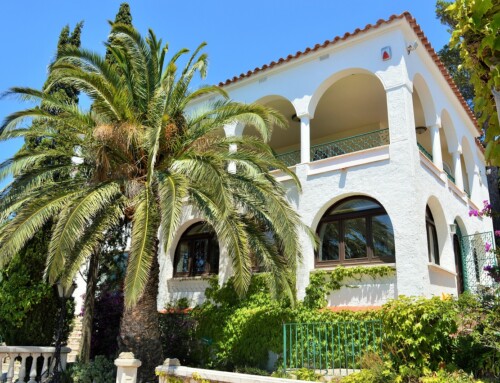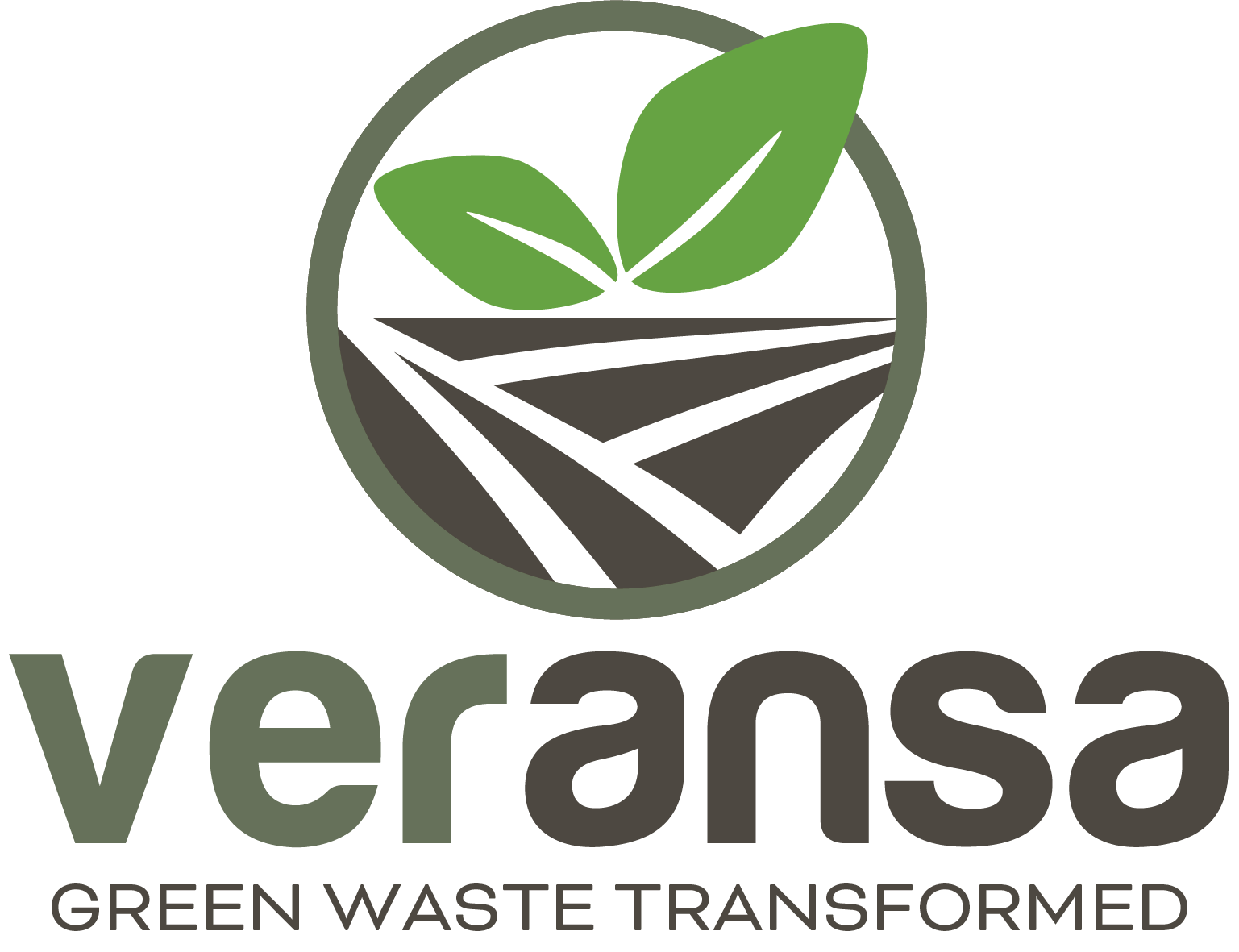The public is increasingly realizing that golf courses can be quite damaging to the environment and requesting change. The chemicals used to keep the grass green, the water needed to maintain the course, and the emissions from golf carts can add up to a sizable environmental impact. Golf courses traditionally use substantial amounts of fertilizers and pesticides in their turf & lawn maintenance programs. With an increasing awareness within the golfing community and a desire to reduce impact on nearby waterways and watersheds, some courses are taking measures to lessen their environmental impact, moving toward more sustainable practices.
There is increasing environmental pressure against chemical fertilizer and pesticide use on turf and landscape alongside waterways and wildlife habitats, or near homes. This is particularly true in Florida where the sandy soil is porous, so much of the chemicals used seep right through it and into the watershed, or wash away into the waterways, causing outbreaks of toxic “red tide”. The state of Florida has an outright ban on chemical fertilizers from June through September. However, since outbreaks of toxic red-tide still occur, many believe it’s time to apply a year-round reduction in the use of these harmful chemicals.
Florida Courses Take a Sustainable Leap
Several Florida golf courses have adopted more eco-friendly and sustainable practices, including using native plants that are more draught resilient, and reducing water usage needs with compost-infused soil mixes that naturally retain more water. Compost is laid down and mixed into topsoil before installing sod. They also use compost-based top-dressing instead of chemical fertilizers to naturally maintain healthy turf year-round.
Whether mixed into the soil before sod installation, and/or broadcast onto greens and fairways, compost-infused soils naturally retain more water and require no harmful chemicals to grow on. When combined with chemicals, far fewer amounts of them are needed because the healthy soil structure retains and releases the fertilizers slowly, allowing turf to consistently access the nutrients over time. Compost-infused soils also prevent harmful chemicals from seeping into our waterways and watershed.
Compost is like a probiotic for the soil. Healthy, organic compost-infused, soil is teeming with beneficial micro-organisms. These organisms are the key to non-chemical methods of turf maintenance. Beneficial organisms, like the probiotics in our gut, work symbiotically to protect turf, or anything planted in the soil, and killing harmful organisms that cause disease. The beneficial organisms feed off the sugars released by plant roots and sometimes feed on the harmful organisms. They also out-compete the disease-causing microbes, depriving them of food and water. These micro-organisms, such as beneficial bacteria and fungi, also play an important role in making nutrients more readily available.
There is a lot of research demonstrating that compost has disease-suppressive, health-enabling, and water retaining qualities for turf and lawns. Research by Cisar & Snyder claims they have “consistently demonstrated that, appearance and vegetative density, is improved by incorporating compost.” This research also claims that “particularly in the months following compost application, draught resistance has been clearly observed”.
Veransa’s Premiere Help
Veransa (www.veransa.com), is a company that produces certified-organic compost-based products, providing golf courses with a cost-effective substitute for the harmful chemicals used during maintenance. Products like REGEN-Turf & Lawn® top-dressing and REGEN-Florida Organic Compost® can help golf courses implement sustainable best management practices while they maintain a vibrant green, healthy, drought-resistant turf. The result is that far less water is needed, and no damage is done to watersheds, waterways, or native wildlife.
With increasing environmental pressure against chemical fertilizer and pesticide use, Veransa’s products provide a sustainable option to maintain a picture-perfect golf course while reducing the environmental impact. These products can also be combined with fertilizers and pesticides to reduce the amounts applied and increase fertilizer effectiveness.
Setting the New Sustainability Standards
Several golf courses in Florida have already started incorporating compost into their sustainable maintenance programs. For example, the TPC Sawgrass resort, home to the PGA Tour headquarters, has been using compost for over a decade. TPC Sawgrass is now saving over six million gallons of water annually, resulting in significant water conservation and money savings in the long run. Other golf courses have also adopted sustainable practices include PGA National in Palm Beach Gardens, The Streamsong Resort in Streamsong, Broken Sound Club in Boca Raton, and Old Corkscrew Golf Course in Estero.
Examples like these show us that it is possible for golf courses to promote sustainable practices, while preserving their beautiful landscapes by embrace alternatives like compost, reducing chemical use, and finding eco-friendly options. Golf courses have an important role to play in the conservation and health of Florida’s watersheds and waterways. Sustainable golf course landscape maintenance should be an important goal of the golf course industry.
Veransa’s experts can help you develop best management practice guidelines which achieve, and maintain, vibrant green, healthy, drought resilient turf, while using far less water, and without causing red-tide or other damage to the environment, people, and native wild-life. Please contact us to learn more about our REGEN-Turf & Lawn® top-dressing and our REGEN-Florida Organic Compost®.





